Britain & Ireland 1745-1901
The relationship between Britain and Ireland is explored here across a number of articles. Particular themes assessing and exploring social reform on matters such as housing, industrial change and emerging civil rights are included here. Key individuals from the world of politics, science and women’s rights are also examined in detail.
Sort by:
Date (Newest first) | Title A-Z
Show:
All |
Articles |
Podcasts |
Multipage Articles
-

Developing Year 8 students' conceptual thinking about diversity in Victorian society
ArticleClick to view -

Disraeli, Peel and the Corn Laws: the making of a conservative reputation
ArticleClick to view -

Diversifying the curriculum: one department’s holistic approach
ArticleClick to view -
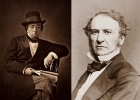
Engaging Year 9 students in party politics
ArticleClick to view -
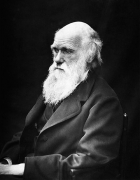
Engaging Year 9 with Victorian debates about 'progress'
ArticleClick to view -

Ensuring Gypsy, Roma and Traveller children do not feel unseen in the history classroom
ArticleClick to view -

Equiano - voice of silent slaves?
ArticleClick to view -

Film: Attic Inscriptions
ArticleClick to view -
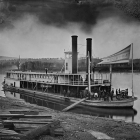
From Sail to Steam
ArticleClick to view -

Gladstone and the London May Day Demonstrators, 1890
ArticleClick to view -

Gladstone spiritual or Gladstone material? A rationale for using documents at AS and A2
ArticleClick to view -

Helping Year 8 to understand historians’ narrative decision-making
ArticleClick to view -
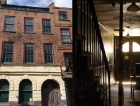
Helping Year 9s explore multiple narratives through the history of a house
ArticleClick to view -

How Nelson Became a Hero
ArticleClick to view -

Investigating ‘sense of place’ with Year 9 pupils
ArticleClick to view -
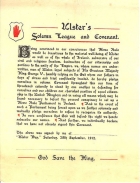
Irish Unionism 1885-1922
ArticleClick to view -
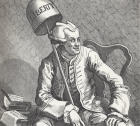
John Wilkes 1725-1797: A Man of Principle
ArticleClick to view -

Lloyd George & Gladstone
ArticleClick to view -
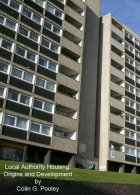
Local Authority Housing
ArticleClick to view -
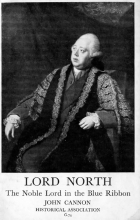
Lord North: The Noble Lord in the Blue Ribbon
ArticleClick to view

